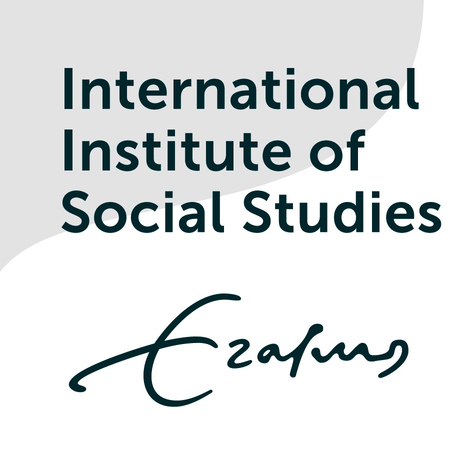Location
The International Institute of Social Studies (ISS) in The Hague is part of the Erasmus University Rotterdam (EUR).
It is a graduate institute of policy-oriented critical social science, founded in 1952 and able to draw on sixty years of experience.
ISS is a highly diverse international community of scholars and students from the global south and the north, which brings together people, ideas and insights in a multi-disciplinary setting which nurtures, fosters and promotes critical thinking and conducts innovative research into fundamental social problems.
Key to the ISS philosophy and practice is the wish to make a contribution to achieving social justice and equity on a global level. The strong partnerships with organizations and individuals in developing countries make up a network in which the co-creation of knowledge and an integrated approach to research and teaching can flourish and remain societally relevant.
ISS shares expertise with a wider public by providing high-level policy advice, serving as a platform for debate and the exchange of ideas and engaging in consultancy.
Members:
Resources
Displaying 16 - 17 of 17Opportunities, risks and growing inequality: The Charoen Pokphand Group and maize smallholder production in Shan State, Myanmar
A case study commissioned and published by Land Core Group and conducted by Kevin Woods on the risks, opportunities and inequalities presented by contract farming and industrialised farming techniques in practice. The case study examines maize smallholder production in Shan State, a contract farming scheme by the Charoen Pokphand Group. Draft published for review in December 2015.
Linking Vulnerability, Land and Livelihoods: Literature Review
This chapter accomplishes several purposes, in which it shares the reader the theoretical orientation and empirical evidences of numerous studies that are closely related to the issues being raised in this study. It deals with the review of theoretical and empirical literature mainly related to rural poverty and livelihoods. In doing so, the chapter intentionally includes discussions on a wider scale to look at pertinent literature from many sub-Saharan African countries and beyond that have some resonance to better understand and relate the Ethiopian case to the wider literature.



